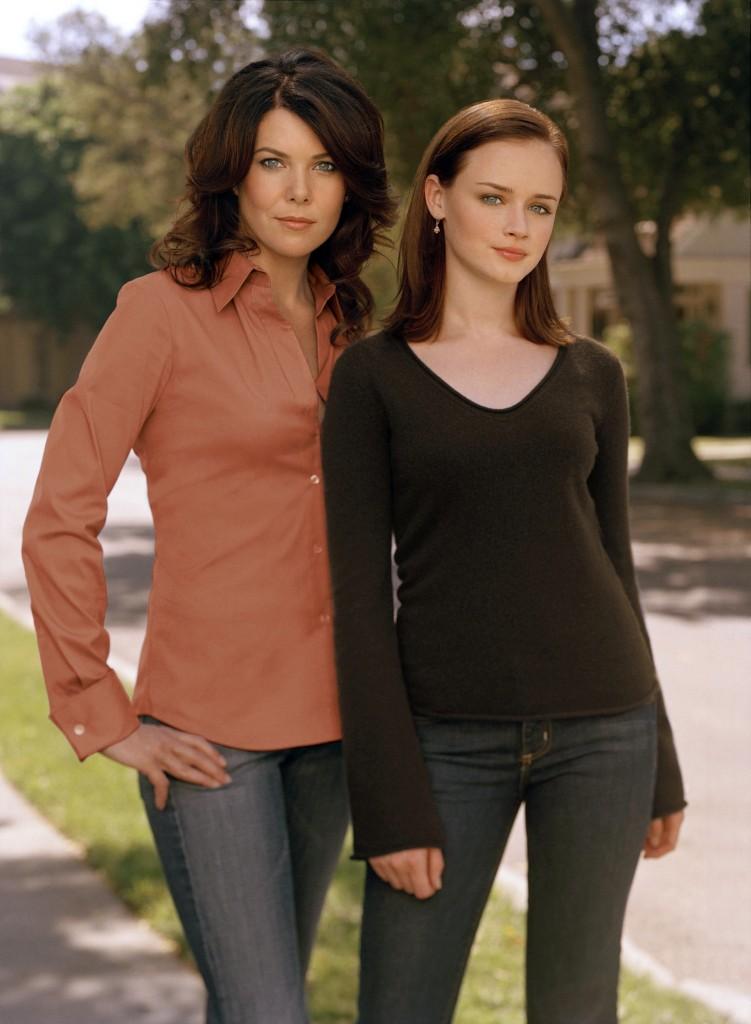By Ellen Cameron
Staff Writer
Do not watch TV, they tell you. TV will rot your brain, they tell you. Well, I beg to differ.

Sure, anything in excess is bad and watching 15 hours of cartoons is not exactly a productive use of time. On the flip side, watching TV is not the end of the world. In fact, it can even be—dare I say it—educational.
And I do not just mean that watching the History and Discovery Channels is educational, because, well, duh. If they are not educational, then they might as well not even exist. But when stuff is entertaining and educational—well, that is just the icing on the cake.
If you watch carefully, even your favorite TV shows can be educational in some way. I acquired some of most interesting facts from TV. For example, from Disney Channel’s Phineas and Ferb, I learned that the hard tip of a shoelace is called an aglet.
Equally interesting (and probably more practical) is the information I learned from Gilmore Girls my freshman year. In the episode “The Deer Hunters”, Rory studies for a Saturday test at Chilton but gets hit by a deer on her way to school. That’s the entertaining part; the intellectual part is the actual studying, where Rory and Lorelei discussed Shakespearean sonnets.
Needless to say, when we started our Shakespeare unit later that year, I was quite the know-it-all. I already knew the gist of sonnets, but more importantly, I knew the exceptions to the general sonnet rules (99, 126 and 145).
Thank you, Gilmore Girls.
And then there is the practical information you can learn from TV. Beyond slightly dubious life lessons, such as the TV-fact that every crime is solvable and every woman has on make-up when she wakes up in the morning, actual and sensible lessons can be learned. From Degrassi, I learned that you can replace a fan belt with a good pair of leggings and it will last you just long enough to get to a real mechanic. I don’t know what a fanbelt is, but knowing this makes me feel accomplished anyway.
And really, it is improbable that TV is ever “just stupid”. It is in the nature of the thing; TV shows are written by people with some amount of intellect and to write a TV show with absolutely no reference to the outside world would be difficult. Granted, maybe in an excessively silly show like The Hills, it is possible that outside knowledge would not be brought in, but really, how many of those shows are there?
Even children’s television shows, while not always educational, can contain intelligent references. I remember being proud of myself once for knowing who William of Orange was when Cindy made a snide remark to a fake-suntanned-orange Jimmy in Jimmy Neutron.
Moreover, Seasame Street is famous for including witty jokes which go above children’s heads but target their (hopefully more intelligent) parents. It is almost as if writers have to convince themselves that working on a kid’s show has not diminished the scope of what they know and the viewer reaps the benefits.
And while passing references in shows may not be entirely educational, the matter remains that they introduce the viewer to a new concept which lingers in the mind or reminds the viewer of something they already knew. The viewer may pick up on it and Google it if they’re interested or may wallow in their own ignorance. The more times a specific show is watched, the more likely the factoid is to stick.
So do not completely write off television. You could end up laughing about nerdy jokes that no one else understands and then remember whatever fact it was that made you feel so good forever, or you could end up learning something completely new.
That said, I still do not think my mom will view Gilmore Girls as a suitable replacement for doing my homework.
Maybe some day.








